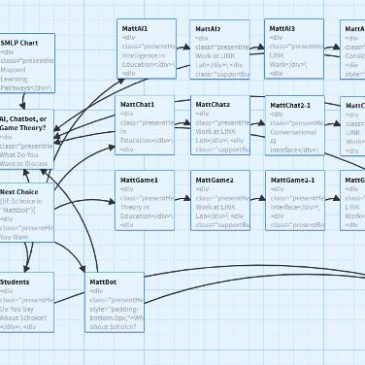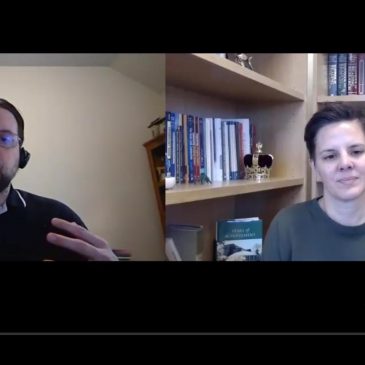Advanced Online Course Design: Creating Non-Linear Content Structure with Gaming Tools
Have you ever looked at the various groups of learners in your course and wished that you could find a way to offer different content or activities for different learner contexts? Or maybe you have come up with ideas for “Choose Your Own Adventure”-type games for your learners, but just weren’t sure how to implement…






